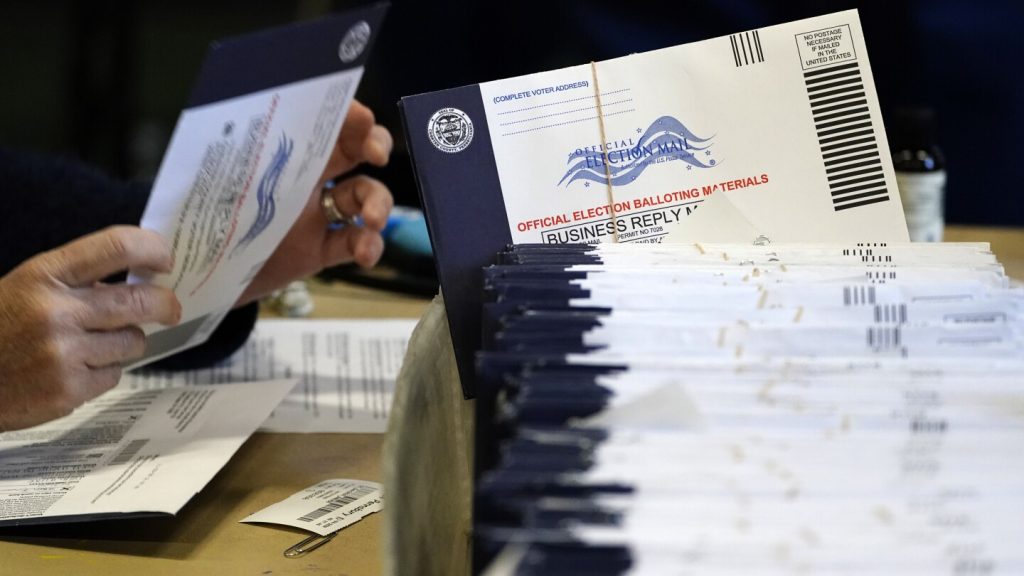As the 2024 election in the United States approaches, concerns over foreign adversaries meddling in American democracy have reached a critical level. The period immediately after the polls close is seen as particularly vulnerable to disinformation campaigns that could impact public confidence in the election results. This has raised concerns among intelligence analysts, elected officials, and tech executives who fear that a well-timed piece of disinformation could significantly sway public opinion. In the past, false claims about election fraud have led to real-world violence, such as the January 6th attack on the U.S. Capitol, underscoring the potential dangers of misinformation.
Analysts are warning of possible scenarios where deceptive content, such as deepfake videos or misleading robocalls, could be used to sow doubt about the election results, especially if targeted at swing states or specific voting blocs. The speed at which misinformation can spread online in the immediate aftermath of the election poses a significant challenge for authorities to counter. This was seen in the aftermath of the 2020 election, where false narratives about vote-rigging persisted despite no evidence of irregularities that could have impacted the results. The upcoming election is expected to be closely contested, heightening concerns about the potential impact of disinformation campaigns.
The threat of election interference is not limited to foreign adversaries, as domestic extremist groups also pose a significant risk. The extended period between Election Day and Inauguration Day provides ample time for those seeking to sow doubt about the election results to spread misinformation. Tech companies and election security officials are working to mitigate these risks, but the challenge remains significant. Efforts to safeguard the election from foreign disinformation and cyberattacks are ongoing, with a particular focus on the 48 hours before the election when the risk is deemed most perilous.
The use of social media as a tool for spreading disinformation has only increased the challenges faced by election security officials. Countries like Russia and China are expected to continue expanding their use of online propaganda, targeting American voters with divisive content. Despite these challenges, officials are quick to reassure the public that the U.S. election system is resilient to any attempts to alter the outcome of the vote. While influence operations may seek to spread distrust about the results, improvements to the system have made it stronger than ever in safeguarding against efforts to change votes. As the election approaches, vigilance and awareness of the threats posed by disinformation campaigns are paramount to ensuring the integrity of the democratic process.


